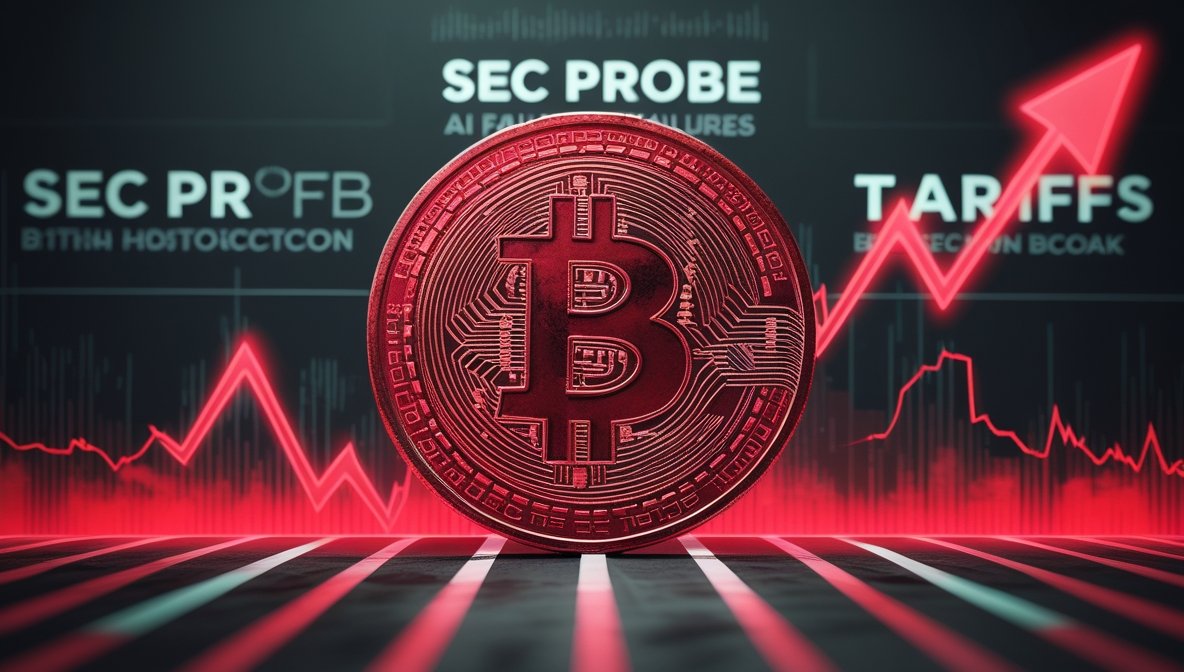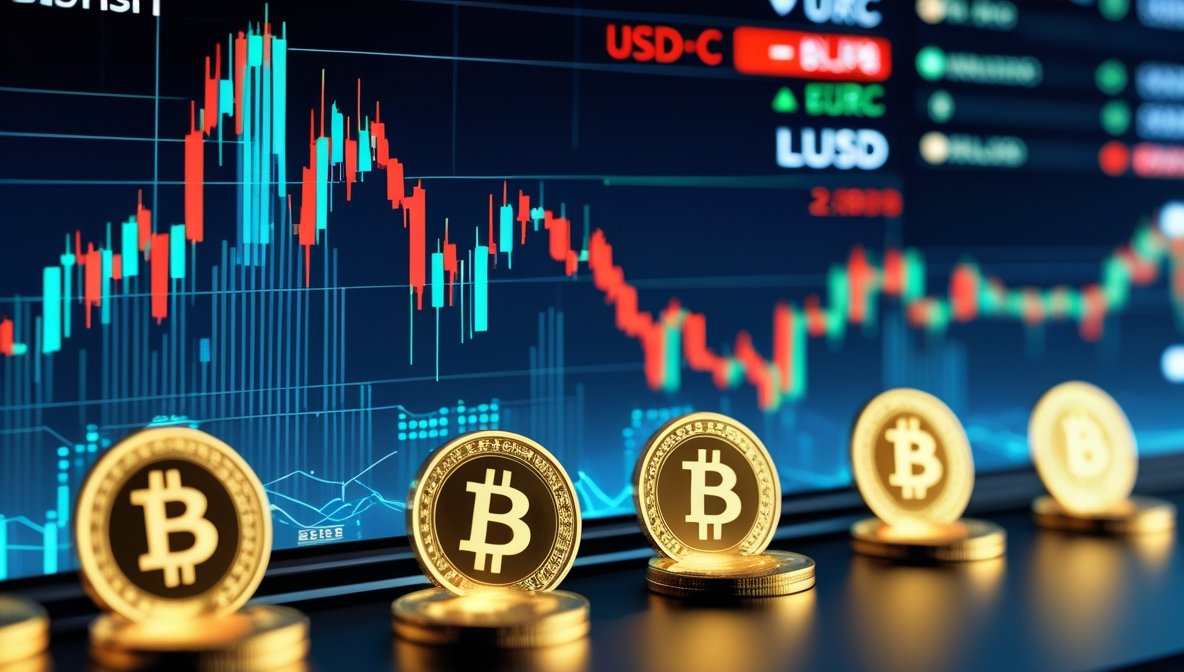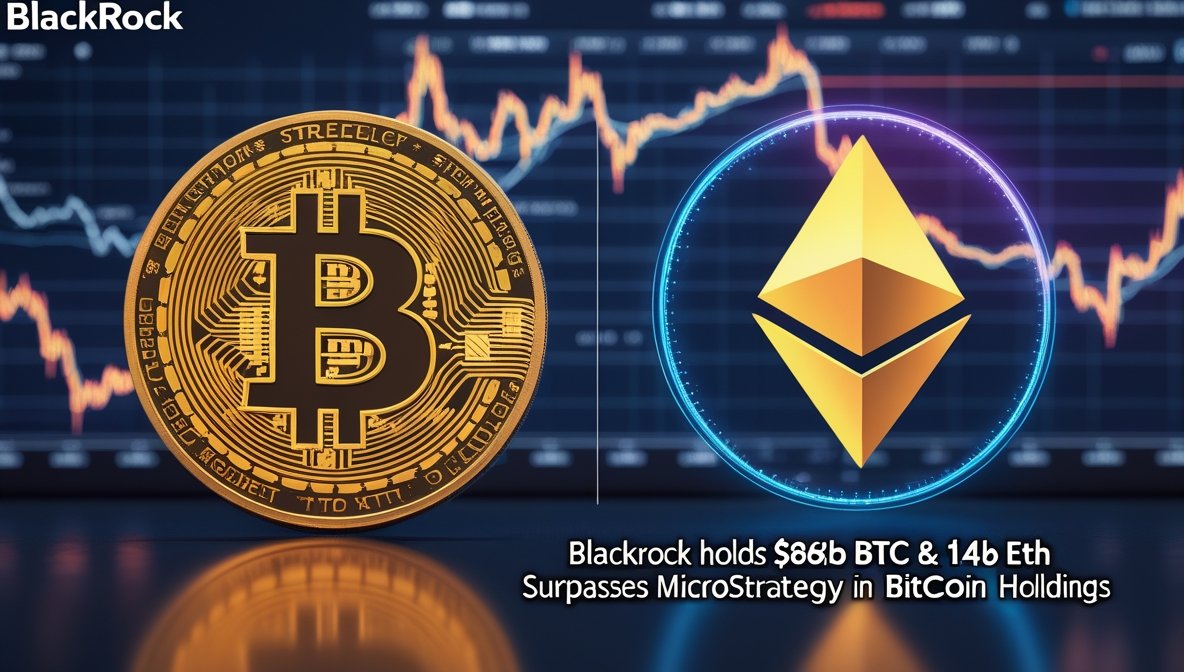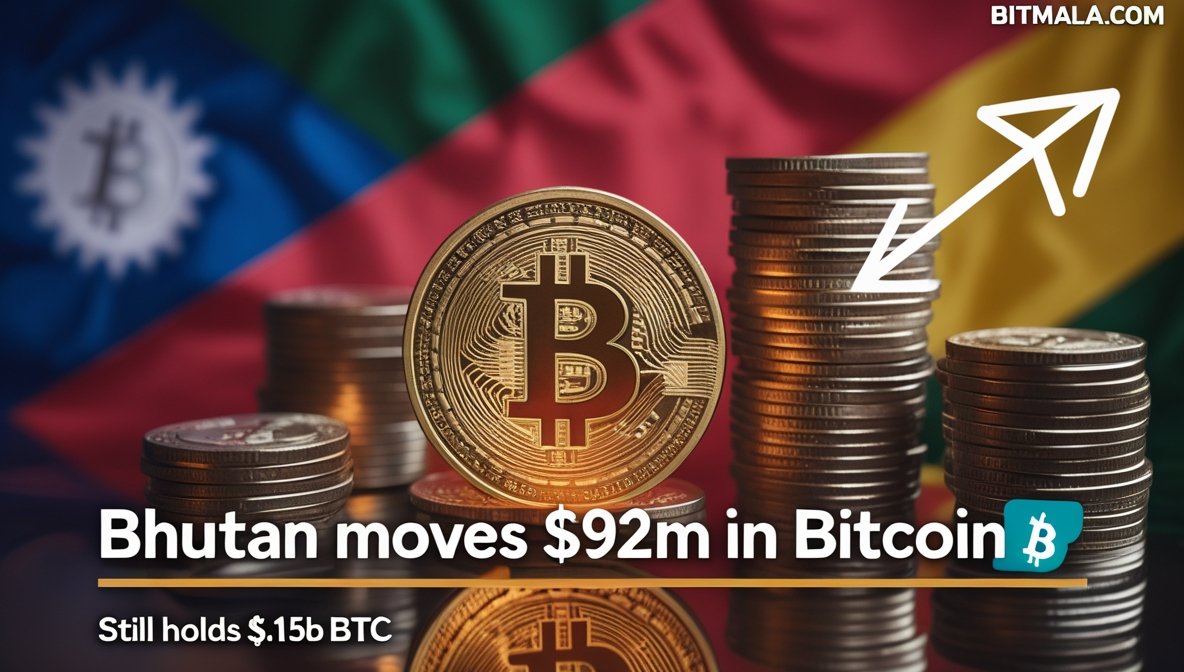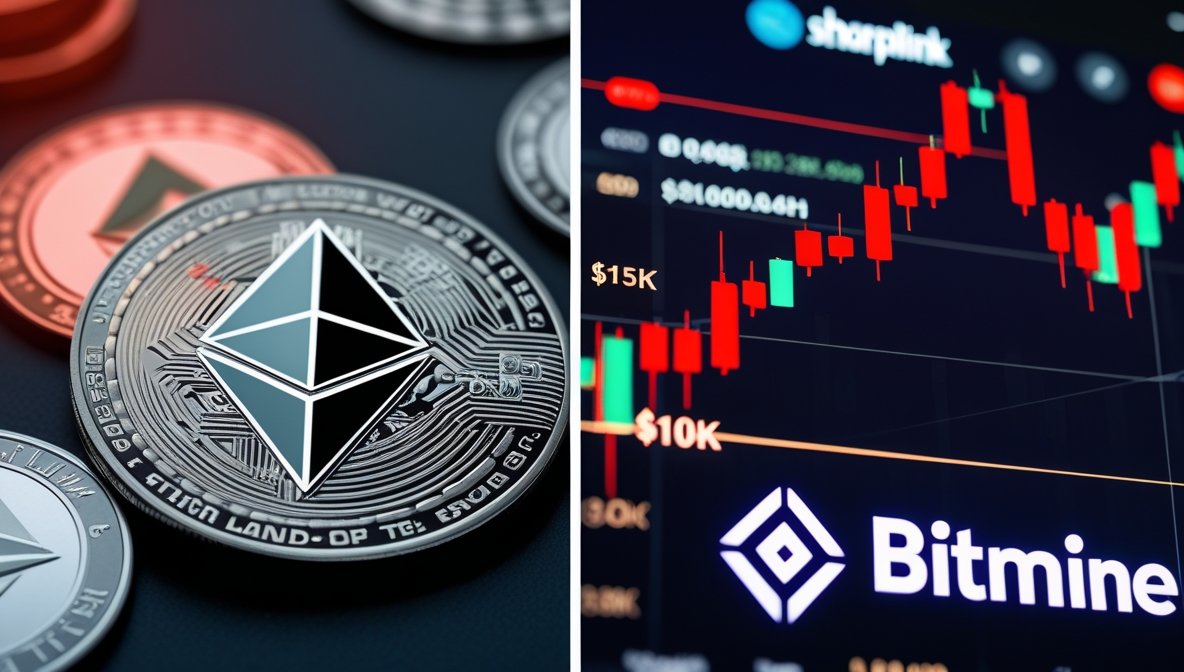Bitcoin price dropped under $113,000 for the first time in two weeks, with SEC scrutiny, AI revenue fears, and new tariffs driving investor panic.
Bitcoin Price Dips Below $113,000 Amid SEC, AI, and Tariff Fears
Bitcoin (BTC) slipped below $113,000 on Tuesday, triggering over $100M in liquidations as regulatory pressure, AI doubts, and new U.S. tariffs spooked investors.
The dip came just days after Bitcoin touched an all-time high of $124,196 on August 14, raising questions about whether momentum in the bull cycle is slowing. At the time of writing, BTC traded at $113,632, down 1.12% in 24 hours, with daily trading volume of $72.7 billion, per CoinMarketCap data.
Why Bitcoin Price Dropped
The sell-off gained speed after the SEC reportedly began investigating alleged fraud and stock manipulation at Alt5 Sigma, a firm tied to a $1.5B deal with World Liberty Financial (WLFi), co-founded by U.S. President Donald Trump.
Market sentiment worsened as:
- AI disappointment: MIT NANDA research showed 95% of AI pilots failed to deliver quick revenue, dragging the Nasdaq 100 down 1.5%.
- Tariff fears: Washington’s new 50% import tariffs on 407 products increased inflation worries.
- Overleveraged bets: Futures markets saw record open interest, leading to forced selling when BTC pulled back.
- Options fear: Glassnode reported the 30-day delta skew spiking to 12%, its highest in four months, signaling traders rushing for downside protection.
Safe Havens & Outlook
With risk sentiment fading, UBS raised its gold forecast to $3,700 by 2026 as investors looked for safer assets. Still, analysts argue that Bitcoin’s long-term bull market remains intact and that short-term fear often overshoots fundamentals.
YOU MIGHT ALSO LIKE: Ethereum Proposes ERC-8004 “Trustless Agents” Standard for Decentralized AI Economy

